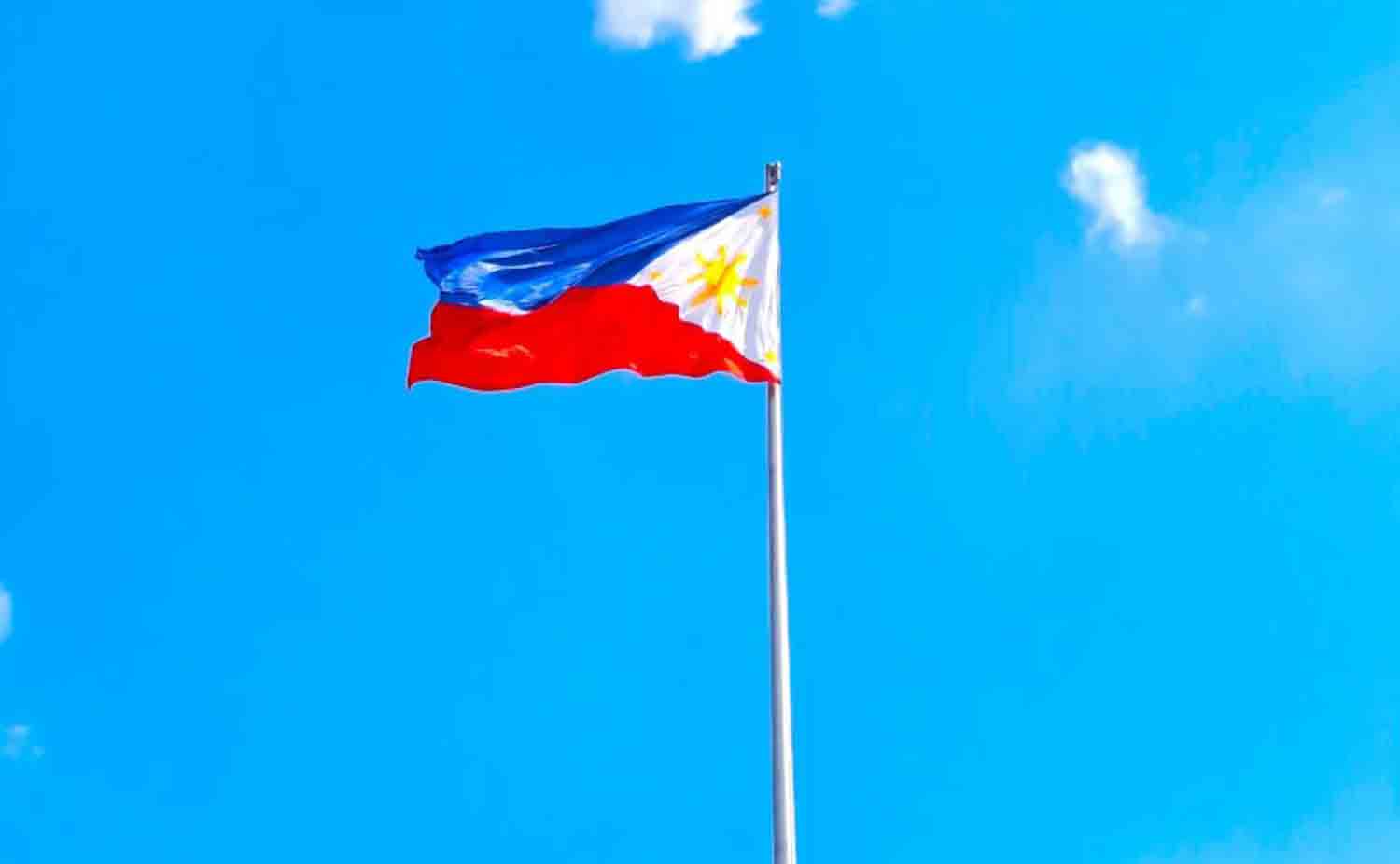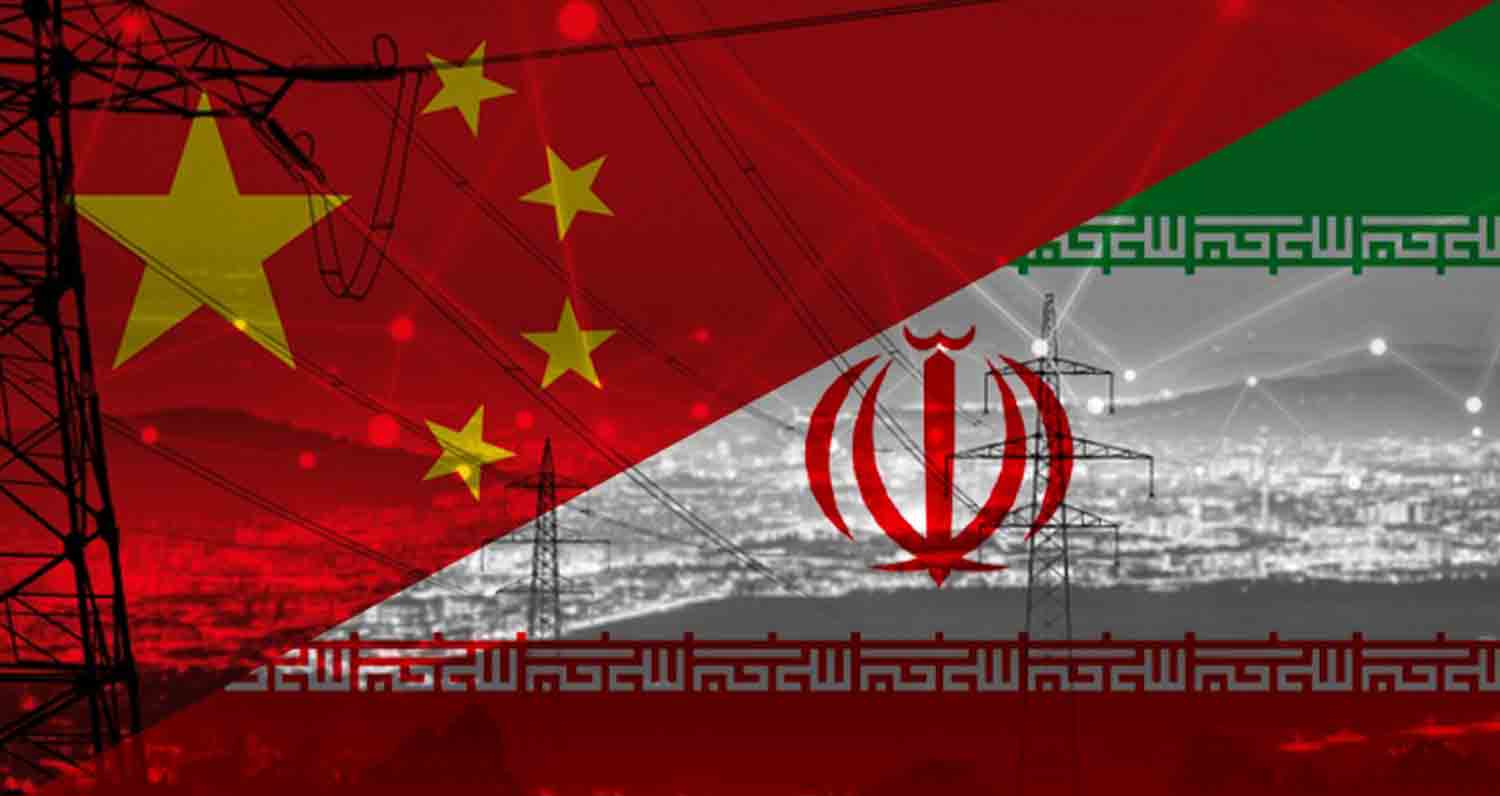President Vladimir Putin has become increasingly apprehensive about the imbalances in Russia‘s wartime economy, coinciding with Donald Trump’s call for a resolution to the Ukraine conflict, according to five sources familiar with the matter who spoke to Reuters.
Despite facing numerous rounds of Western sanctions following its 2022 invasion of Ukraine, Russia’s economy, primarily fueled by oil, gas, and mineral exports, has shown significant growth over the past two years.
However, recent months have seen domestic economic activity hindered by labor shortages and elevated interest rates aimed at curbing inflation, which has surged due to unprecedented military expenditures. This situation has led some members of the Russian elite to believe that a negotiated peace is preferable, as indicated by two sources with insight into Kremlin perspectives.
Trump, who resumed office on Monday, has pledged to quickly address the Ukraine situation, the largest conflict in Europe since World War II. He has indicated that additional sanctions and tariffs on Russia are likely unless Putin engages in negotiations, warning that Russia’s economy is on a path to “big trouble.” A senior aide from the Kremlin noted on Tuesday that no specific proposals for discussions have been received thus far.
“Russia is certainly economically motivated to seek a diplomatic resolution to the conflict,” stated Oleg Vyugin, a former deputy chairman of the Central Bank of Russia, in an interview, highlighting the dangers of increasing economic distortions as military and defense spending escalates. Vyugin was not among the five sources, all of whom requested anonymity due to the sensitive nature of the situation in Russia. The depth of Putin’s economic concerns and their impact on Kremlin attitudes toward the war are being reported for the first time.
Putin has indicated a willingness to explore ceasefire discussions with Trump, contingent upon the acceptance of Russia’s territorial acquisitions in Ukraine and Ukraine’s withdrawal from its NATO membership aspirations, as previously reported by Reuters. The Kremlin has not yet provided a response regarding Putin’s perspectives on the economy and the ongoing negotiations concerning Ukraine.
According to Brian Hughes, spokesperson for the White House National Security Council, Trump is committed to ending the conflict by engaging various stakeholders. Recently, however, Trump’s advisors have tempered his earlier assertion that the protracted war could be resolved in a single day.
In the days leading up to Trump’s inauguration, the outgoing Biden administration enacted a comprehensive sanctions package aimed at Russia’s oil and gas sectors. Jake Sullivan, Biden’s national security adviser, noted that this strategy would enhance Trump’s negotiating position by exerting economic pressure on Russia.
Putin has asserted that Russia is prepared to continue the fight indefinitely and will not yield to external pressures regarding its vital national interests. Despite the challenges posed by the war, Russia’s $2.2 trillion economy has demonstrated considerable resilience, with Putin commending economic leaders for successfully navigating the most severe Western sanctions imposed on a major economy.
After experiencing a contraction in 2022, Russia’s GDP has reportedly outpaced growth in both the European Union and the United States in 2023 and 2024. However, this year, the central bank and the International Monetary Fund anticipate growth to remain below 1.5%, while the government maintains a more optimistic forecast. Inflation has approached double digits, despite the central bank raising the benchmark interest rate to 21% in October.
During an annual news conference on December 19, Putin acknowledged existing economic challenges, including inflation and signs of overheating in the economy. He stated that both the government and the central bank have been instructed to address these issues.
War Objectives Achieved
In the past year, Russia has achieved its most substantial territorial expansions since the conflict’s onset, now controlling nearly 20% of Ukraine. According to a source familiar with Kremlin perspectives, Putin is confident that essential objectives have been accomplished, including securing land that links mainland Russia to Crimea and diminishing Ukraine’s military capabilities.
The Russian president is also aware of the economic challenges posed by the war, with the source highlighting significant issues such as the adverse effects of elevated interest rates on non-military sectors and industries.
This year, Russia has increased its defense budget to a post-Soviet peak of 6.3% of GDP, which constitutes one-third of total budget expenditures. This surge in spending has contributed to inflation, and combined with wartime labor shortages, has resulted in rising wages.
Additionally, the government is pursuing increased tax revenues to mitigate the fiscal deficit. Vyugin, a former deputy governor, noted that persistently high interest rates could strain the financial stability of businesses and banks.
On Tuesday, Mechel, a Russian coal and steel producer owned by businessman Igor Zyuzin and his family, announced it had restructured its debt due to pressures from declining coal prices and elevated interest rates.
Dissatisfaction
Putin’s dissatisfaction was apparent during a meeting with business leaders at the Kremlin on the evening of December 16, where he reprimanded senior economic officials, according to two sources familiar with the discussions regarding the economy. One source, who received a briefing after the meeting, reported that Putin was noticeably upset upon learning that private investment was declining due to high credit costs.
While the Kremlin shared Putin’s opening remarks commending the business sector, it did not disclose the identities of the attendees at the largely private gathering. Reuters confirmed that Central Bank Governor Elvira Nabiullina was absent from the meeting.
On Wednesday, Putin remarked in televised statements to ministers that he had recently engaged with business leaders about the potential risks associated with a reduction in credit activity and its implications for long-term growth, seemingly referencing the December meeting.
Several of Russia’s influential business figures, including Rosneft CEO Igor Sechin, Rostec CEO Sergei Chemezov, aluminium magnate Oleg Deripaska, and Alexei Mordashov, the largest shareholder in Severstal, have openly criticized the elevated interest rates.
Nabiullina has been under pressure from two of Russia’s leading bankers—her former superior, Sberbank CEO German Gref, and VTB CEO Andrei Kostin—who are concerned that the country may be on the brink of stagflation, according to a source knowledgeable about economic discussions.
In his comments on December 19, Putin advocated for a “balanced rate decision.” The following day, during its final monetary policy meeting of the year, the central bank decided to maintain the interest rate at 21%, despite market anticipations of a 200 basis point increase.
In a recent address following the decision, Nabiullina refuted claims of yielding to external pressures, noting that criticism of the central bank’s policies tends to escalate when interest rates are elevated. Neither Nabiullina, Gref, nor Kostin provided immediate comments regarding this matter.
Governor of the central bank
Nabiullina, who previously served as an economic advisor to Putin and held the position of economy minister, is recognized as one of the most influential women in Russia. She has been the governor of the central bank since June 2013, and according to three sources, she has the president’s confidence. Shortly after the military intervention in Ukraine in 2022, Putin suggested that she continue for a third term as the head of the central bank, which is set to conclude in 2027.
Supporters of Nabiullina argue that her critics overlook the fundamental cause of inflation, which they attribute to extensive wartime expenditures, asserting that her leadership is crucial for maintaining economic stability. Although some lawmakers have called for her replacement, two sources indicated that such a change is improbable. “In this context, it is unlikely that anyone would replace the central bank governor,” remarked one source familiar with economic discussions. “Nabiullina’s authority is unquestionable, and the president has faith in her.”
Discover more from Defence Talks | Defense News Hub, Military Updates, Security Insights
Subscribe to get the latest posts sent to your email.





